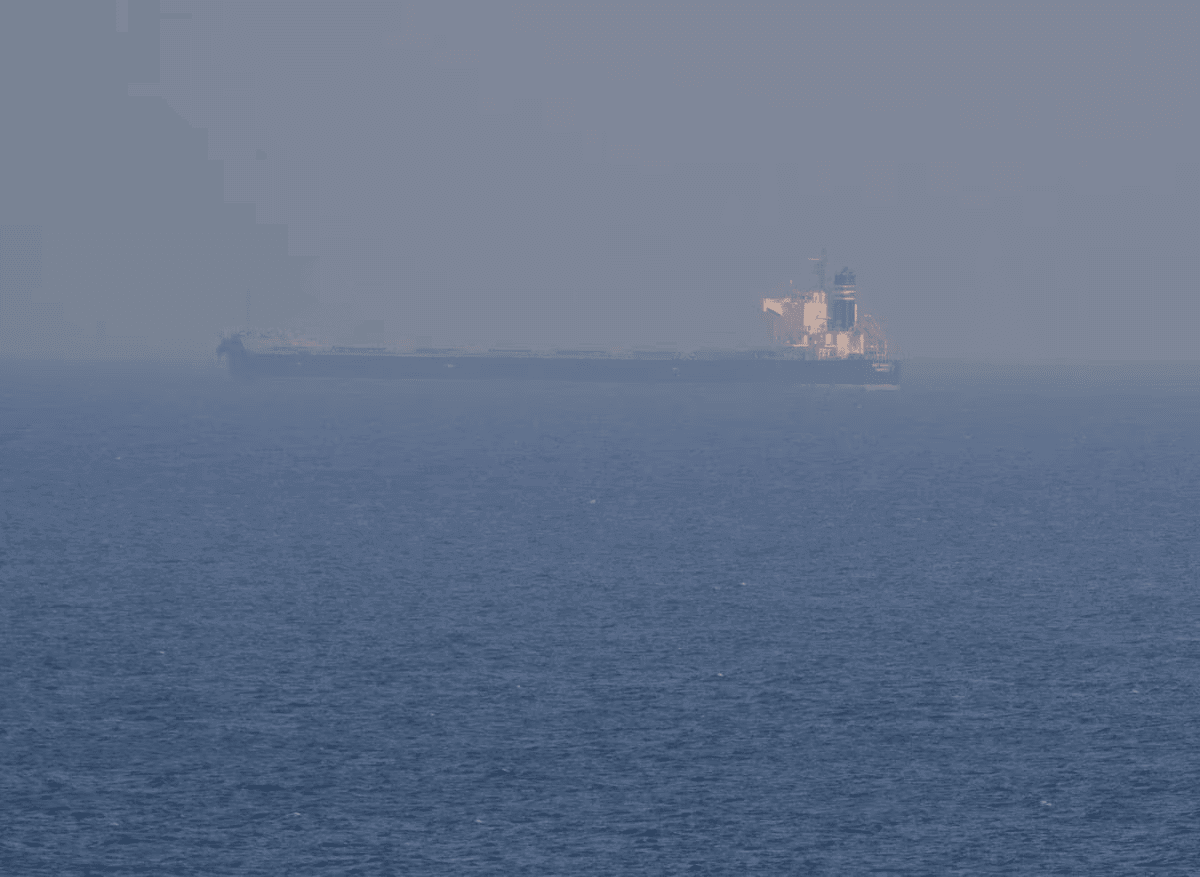Following talks between Russia and the UN, which concluded on Monday, Moscow agreed to extend the Black Sea Grain Initiative for another 60 days. The UN released a press statement confirming that it will “preserve the integrity” of the agreement.
Black Sea Grain Initiative
Russia and Ukraine first signed the initiative in July last year. The UN and Turkey initiated the deal, allowing Ukraine to ship food and fertiliser from three of its ports in the Black Sea to the global market.
Graphic showing countries receiving grain exported from Ukraine by boat under the UN-backed Black Sea Grain Initiative #AFPgraphic @AFP pic.twitter.com/ilz68EuDAL
— AFP News Agency (@AFP) March 9, 2023
Ukraine and Russia are the primary and critical suppliers of wheat, barley and sunflower oil and export food to developing countries. The agreement helped to bring down global food prices amid the Russia-Ukraine war. It was extended for another 120 days in November and will expire on 18 March.
Russia’s Objections
Russian Deputy Foreign Minister Sergey Vershinin said in a statement that Russia does not “object to the next extension of ‘Black Sea Initiative’ after the expiry of the second term on 18 March, but only for 60 days.”
Vershinin further declared that Russia’s stance would depend on the “tangible process” of normalising Russian “agricultural exports, not in words but deeds.”
From today's noon briefing: @UN remains totally committed to the Black Sea Grain Initiative, as well as our efforts to facilitate the export of Russian food and fertilizer. pic.twitter.com/EhNiqLHvlp
— UN Spokesperson (@UN_Spokesperson) March 13, 2023
The Western sanctions on Russia’s payments, logistics, and industries have acted as an indirect barrier to exporting its grains and fertilisers and hampered Russian trade.
Russia-UN talks
The discussions between Russia and the UN focused on two main agreements: the ‘Black Sea Initiative’ between Russia, Ukraine, the UN, and Turkey, and the Memorandum of Understanding between Russia and the UN, which facilitated food and fertilizer exports.
UN Secretary-General António Guterres reassured that the UN would remain “fully committed to the Black Sea Grain initiative” and do everything possible to ensure its continuity.
US State Department Spokesperson Ned Price said it was a “critical moment” to extend the initiative and stressed the importance of the deal by saying, “We know that the world needs this,” hoping that it would get “extended and expanded.”
“The UN Secretary-General has confirmed that the UN will do everything possible to preserve the integrity of the Black Sea Grain Initiative and ensure its continuity”.
— OCHA Ukraine (@OCHA_Ukraine) March 14, 2023
Read the full statement here
➡️ https://t.co/dKZZv94wRZ pic.twitter.com/5wjVkShW7j
The two agreements brokered by the UN had an overall positive impact on global food security. The Black Grain Initiative “has allowed the export of 24 million Metric tonnes of grain,” with nearly 55% of food exports going to “developing countries.”
Ukraine’s Stance
Ukraine criticised Russia’s proposal for extending the grain deal for only 60 days and going against the agreement between both countries. Ukraine’s Infrastructure Minister Oleksandr Kubrakov revealed that the extension “contradicts the document signed by Turkey and the UN,” as the minimum extension stipulated is 120 days.
The UN and Turkey are the official guarantors for this deal, and Ukraine is waiting for both parties’ official position on the extension.
A senior government official in Ukraine said that the 60-day extension violates the agreement’s terms and “to extend it for 60 days, you have to amend the deal.”
The uncertainty of the outcome of these talks was reportedly the reason behind the steep rise in prices on the Paris Euronext wheat market.

